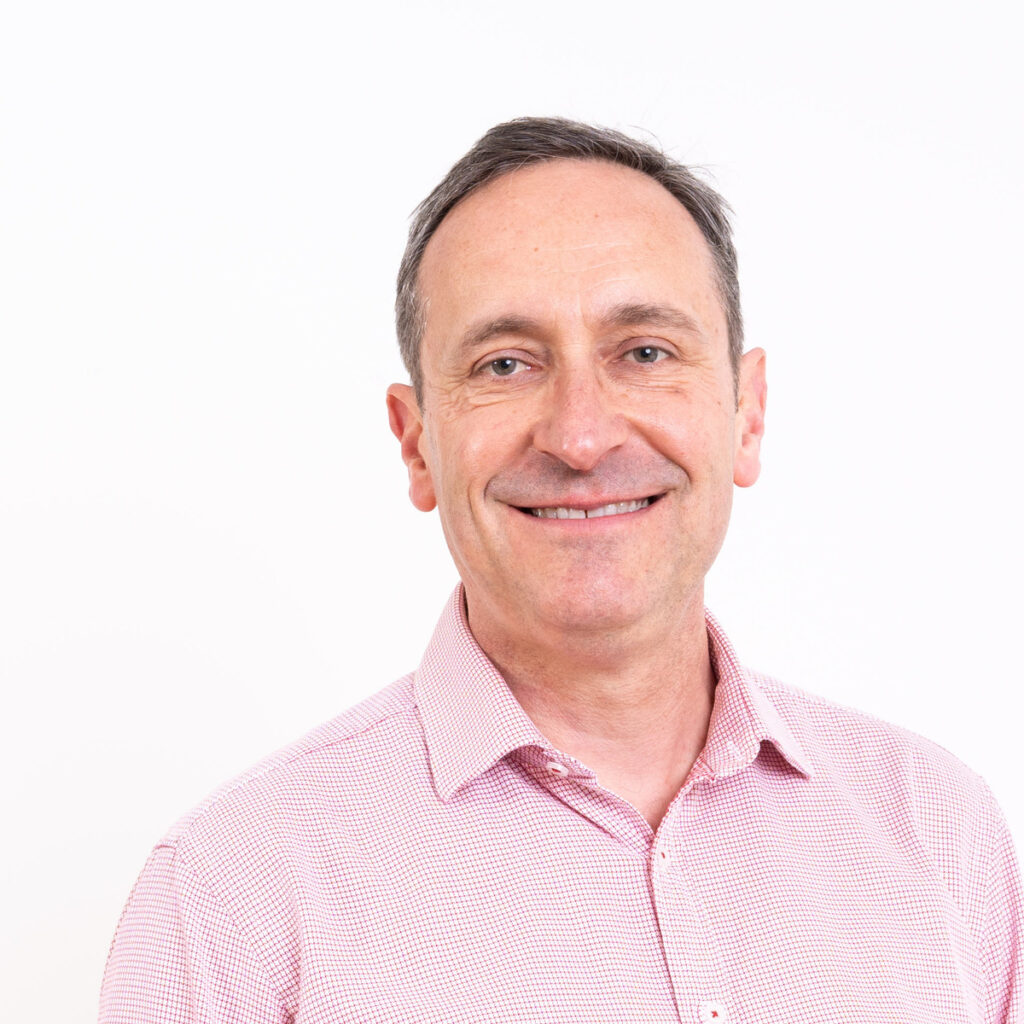
Toby Cooper is someone we have known and worked with at Updraft for some years – as both a client and collaborator. He has worked all around Wellington, in mostly large organisations and we are delighted to have convinced him to come and join our small team. Now that he has signed on the dotted line and there is no escaping, we decided it would be fun to ask him a few questions about why he is making this move – both for us and to share with you (as we not infrequently have young professionals in all works of life say to us “how did you get into doing what you do”).
Toby – you have worked in a lot of organisations. Perhaps you could tell us about the largest and the smallest one – and what you see as the defining features of working for a small vs large organisation.
The largest was IBM, 140,000 people globally when I worked there. I was in NZ but my role was a transplanted Sydney office job (I was doing remote management before it got popular!). The smallest might have been the Treasury, which was around 350 people when I joined in 2011. The biggest differences were around bureaucracy and process. Larger organisations have deeper bureaucracies and more monolithic processes, and need a lot of pushing to get things done. But they also have more nooks and crannies, where if you’re savvy, you can do stuff on the sly without anyone really realising. The best thing about smaller organisations is being able to get to everyone. When I started at the Treasury there were around 40 managers and leaders
so I could form relationships with each one (with varying degrees of success and mutual
respect, to be fair).
You are making a move lots of people make and think about making in lots of spheres from the ‘client side’ to ‘provider side’. What is it that makes you want to do this? What are some of the things that you hope you can achieve and experience as a provider?
I’ve spent decades working on organisations from within, trying to persuade the powers that be to take actions that will make the working lives of their people better. I had some fantastic experiences and was able to do some great work (along lots of really average work, nothing’s ever all lollipops and rainbows). After so many years it was time for me to shift my context, work in a different way, from a different perspective. This will ‘freshen me up’, but also be a fantastic test. Will my ‘thing’ work from the perspective of a provider? What can I carry through, what will I have to leave behind, what will I need to build? It’s going to be really interesting to uncover answers to those questions. I’m also really looking forward to working with a range of different people, providing what help I can at a greater scale.
Do you think some providers would benefit from having more ‘client side’ perspective? How so?
Working in an organisation, commercial or government (I’ve done both), can be really tough. We pour ourselves into these jobs, these organisations, trying to create positive change, but usually we’re not the ones making the decisions, and sometimes our efforts lead to nothing.
Coming from client side, I totally get that, I’ve lived it, and I’ve got personal experience getting stuff over the line despite those challenges. I can work with others dealing with the same situations as a peer.
What do you feel trepidatious about in making this change?
Change is always unsettling. Whenever I’ve changed jobs I’ve thought to myself, “I hope I don’t turn out to be rubbish.” The same thought applies here! And this time, it’s more significant than just a change in jobs. Can I actually do this, and do it well enough to add value? I reckon I can, and there’s only one way to find out!
Okay, imagine it is your retirement party and a few of your colleagues old and new and some clients come and say a few words. What do you hope they might be saying?
That my work of art/invention/idea transformed the whole world for the better! But more realistically … that I helped them out, that we did good work together, that they were the better for working with me – and that we had fun doing it.
